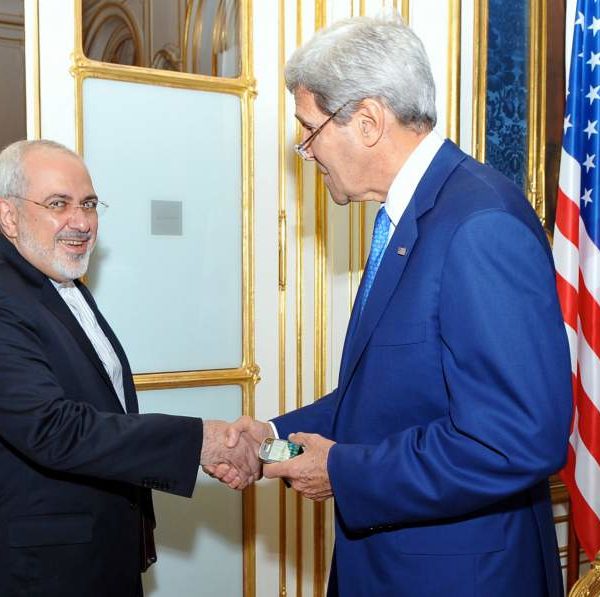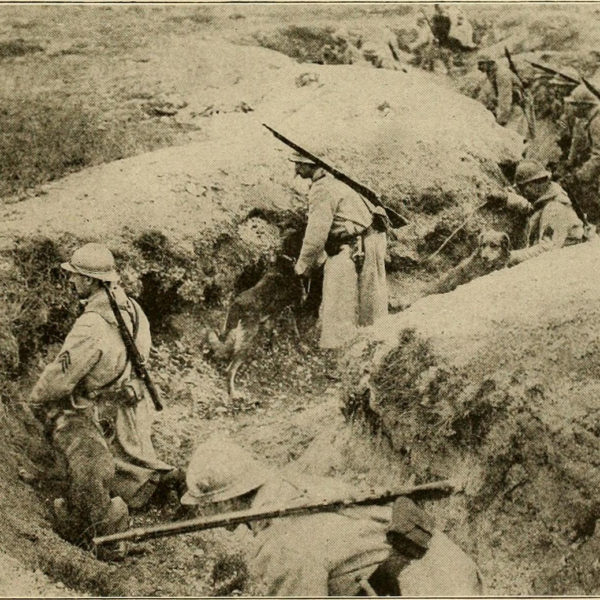
War and its terrible consequences are painful to look at, but the prophet Jeremiah calls his audience not to look away. Our attention is an essential part of our moral agency.
By Will Kelly

As we reflect on what it means to resist vulnerability and consolidate military power, much could be said in connection to our own political moment. Given the proliferation of weapons of war and the investment in such weaponry by nation-states and stakeholders who see buying shares in war-related machinery and technology as a profitable enterprise, the privileging of a good heart—“the LORD looks on the heart”—is a most urgent political posture.









